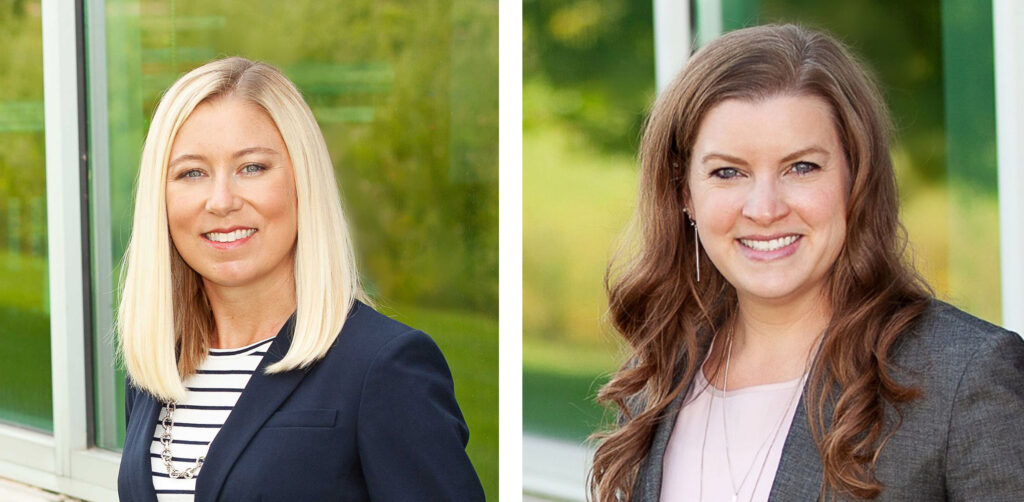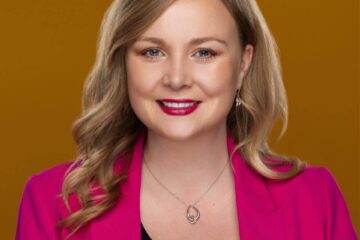By Ashlee Vieregger, senior lead adviser, Foster Group and Brittany Heard, lead adviser, Foster Group
Editor’s note: This is the second of a four-part guest commentary series from Foster Group that aims to provide insight into navigating your financial health, from early career to retirement. Read part one here.

You’ve been working for several years now – you’re earning, saving, paying down debt, investing and giving. What’s next?
Preparing to expand your family
If you are planning to start a family, it’s important to assess your situation and financial plan. It’s no secret that raising children is expensive, and you’ll need more money than you think! One thing you can do to prepare, if eligible, is to start building up a tax-free health savings account for medical expenses such as hospital bills, medical treatments, copays and prescription medicines.
Another family-oriented savings vehicle that you may have access to is a dependent care savings account through your employer. This account works great for day care costs – you may be able to save $5,000 per year from your paycheck into a dependent care account tax-free.
While planning for the future cost of children’s education may seem a long way away if you haven’t had kids yet, it’s never too early to start thinking about the financial realities of public vs. private schools. You’ll want to know about 529 College Savings plans, which have income tax benefits.
As your children are born or adopted, it can be a good time to establish a last will and testament, which names guardians for minor children if something happens to you. Keep it updated as your family grows to ensure that all of your children are named as your heirs.
Ramping up investment opportunities
The prime of your career is a great time to evaluate whether you should be making additional investments outside of your retirement plan. An after-tax brokerage account is a nice option because it doesn’t have the limited investment options that a company retirement plan does. An after-tax brokerage account also allows for contributions and withdrawals at any time without the limits or penalties of retirement plans. Keeping dollars earmarked for near-term expenses in a savings account rather than an after-tax brokerage account may be a wise choice, since market investments will move up and down.
Building savings vs. paying off debt
Building up your savings and paying off debt are both important, so striking a healthy balance between these competing priorities is key. One large factor is the interest rate of your debt. If you have a credit card with a 20% interest rate, it is vital to pay that off before saving or investing. If your debt carries a lower interest rate, such as 3% for your home mortgage, it may not be as critical to rush to pay that off. Along with reviewing the interest rates on your debt, it’s also important to review your financial goals, progress, setbacks and opportunities at least once a year. Consider working with a financial adviser who can help.
Giving back to others
As your household income and wealth continue to grow, consider how you might want to direct some of your income to charitable organizations or causes that are meaningful to you. More than ever, the clients we serve are interested in aligning their charitable giving with their core beliefs and key values, which produces meaningful generosity. Many individuals and families make charitable gifts from their checkbook, but there are also tax-advantaged giving methods to consider, such as using appreciated assets from your after-tax brokerage account or using a Donor Advised Fund. Talk to a financial adviser or charitable giving professional to learn more.
Financial checkups
Doctors recommend regular wellness examinations and yearly physicals to monitor our physical health, and we financial advisers do the same for our clients’ financial health. Regular checkups are especially important as you enter a time where you may be expanding your family, increasing your household income and wealth, and starting to plan for what comes next after the working world. At least once a year, you should look at your income and expenses, talk about your savings, debt repayment, and investments, and review your financial goals and objectives. Remember, prevention is the best medicine!
PLEASE SEE IMPORTANT DISCLOSURE INFORMATION at www.fostergrp.com/disclosures. A copy of our written disclosure Brochure as set forth on Part 2A of Form ADV is available at www.adviserinfo.sec.gov.

